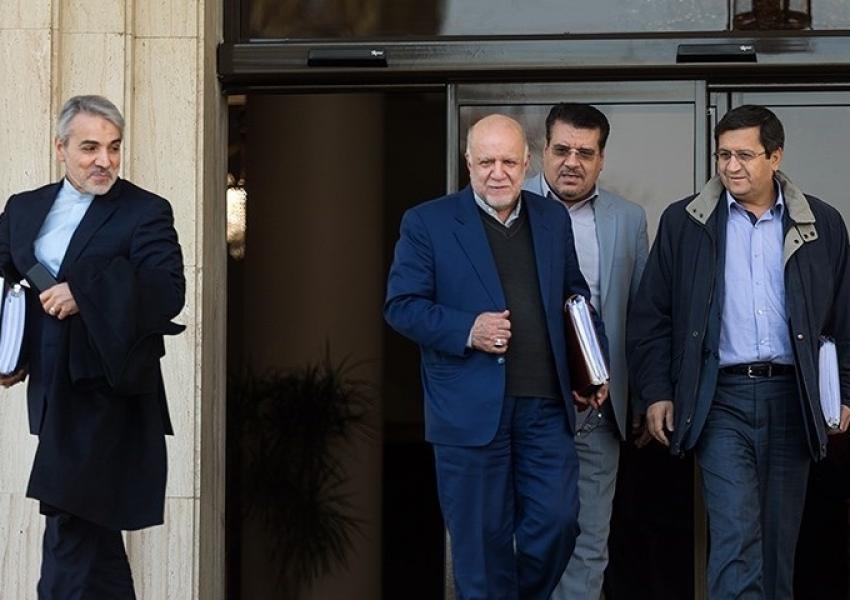
Desperate Officials Consider Barter To Supply Iran’s Needs
Iran’s leaders have been weighing in plans for barter trade in a bid to ease the country’s foreign trade crisis, and to mitigate its difficulties in importing essential goods due to a lack of foreign currency.
Oil Minister Bijan Zanganeh took part in a meeting with Central Bank Governor Abdolnasser Hemmati and several other leading economic officials on Thursday October 22 to discuss options. Zanganeh said the approach had been given the go-ahead by President Hassan Rouhani.
While such a plan might resemble the kind of oil-for-food scheme used by the United Nations with, for example, Saddam Hussein’s Iraq, it would face the problem that Iran faces a sanctions regime – including the threat of third-party measures – imposed unilaterally by the US rather than agreed by the international community.
Hemmati told reporters in Tehran barter could help provide raw materials for Iran. He said a similar approach has been used elsewhere, although he gave no specific examples, and his statement contradicted past remarks by Iranian officials who had characterized barter as obsolete.
Nevertheless, referring to the hardships Iran is undergoing because of sanctions, Hemmati said that barter trade might be able to ease some of Iran’s problems.
Iran’s oil exports have fallen from around 2.6 million barrels a day in early 2018 to a few hundred thousand barrels as customers, mainly in Asia, fear punitive US action. Even China, which still buys small amounts of oil from Iran, faces problems making payments. Last week Mohammad Reza Harirchi, the head of the Sino-Iranian Chamber of Commerce, said that Iran would sell at most $5 billion worth oil to China in 2020.
Vice-President Eshagh Jahangiri said in June that Iran’s oil revenue had dropped from $100 billion annually in the early 2010s to $8 billion in 2019. President Hassan Rouhani, who generally presents an optimist view of the economy, said in late August that Iran’s oil revenue in 2018 was $20 billion.
Speaking in Tehran on Thursday, Central Bank Governor Hemmati claimed that the plan for barter trade would bring about “a major development” in foreign trade in the remaining months of the current Iranian year, ending in March 2021. There has been a more upbeat mood recently in Tehran – with the rial rising against the dollar and against gold – as US opinion polls have shown President Donald Trump lagging behind his Democratic challenger Joe Biden.
Biden has promised to return to the 2015 nuclear deal, known as the Joint Comprehensive Plan of Action (JCPOA), although there is discussion in Washington as to whether a Democrat administration would or should require further concessions from Tehran in return for easing sanctions.








